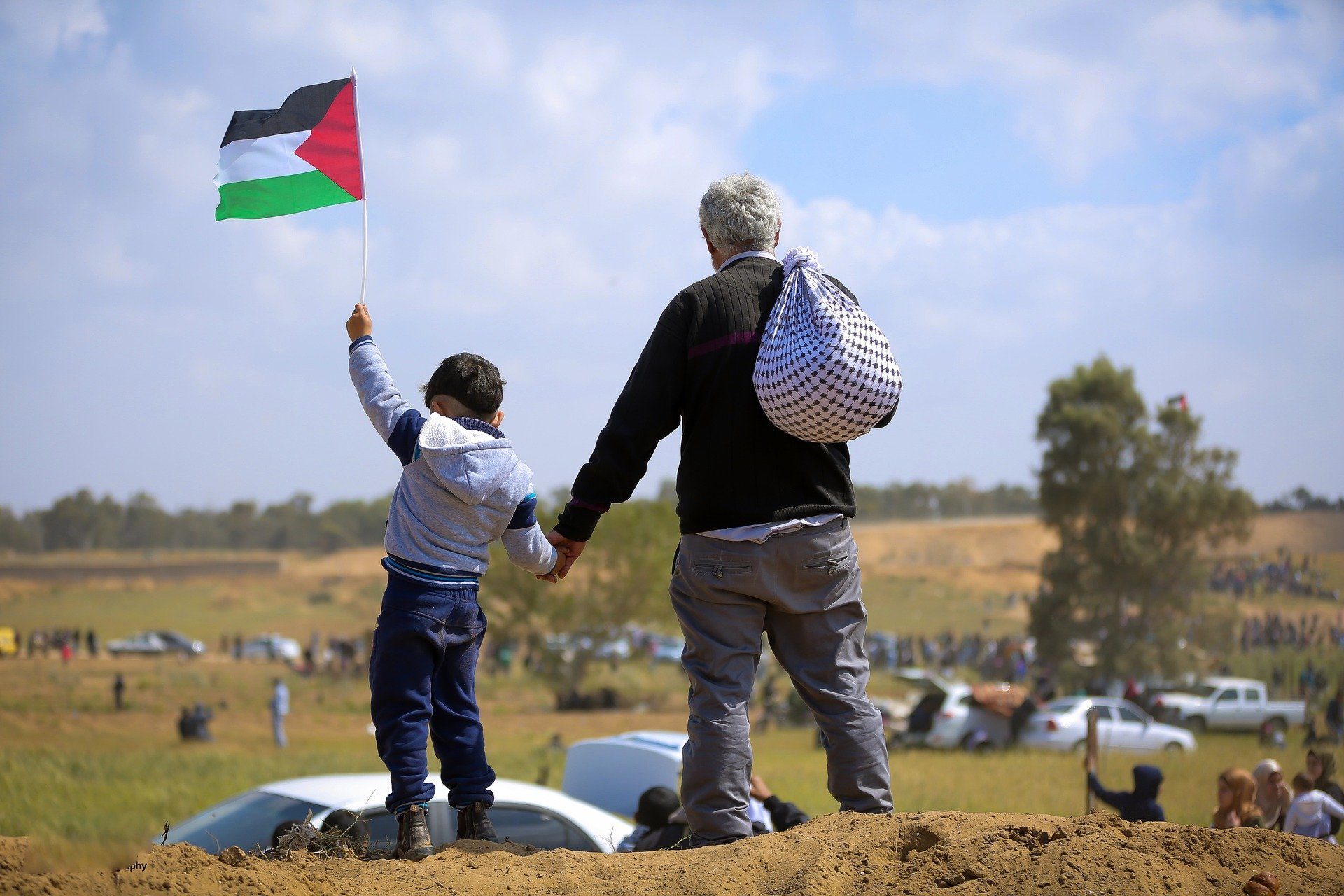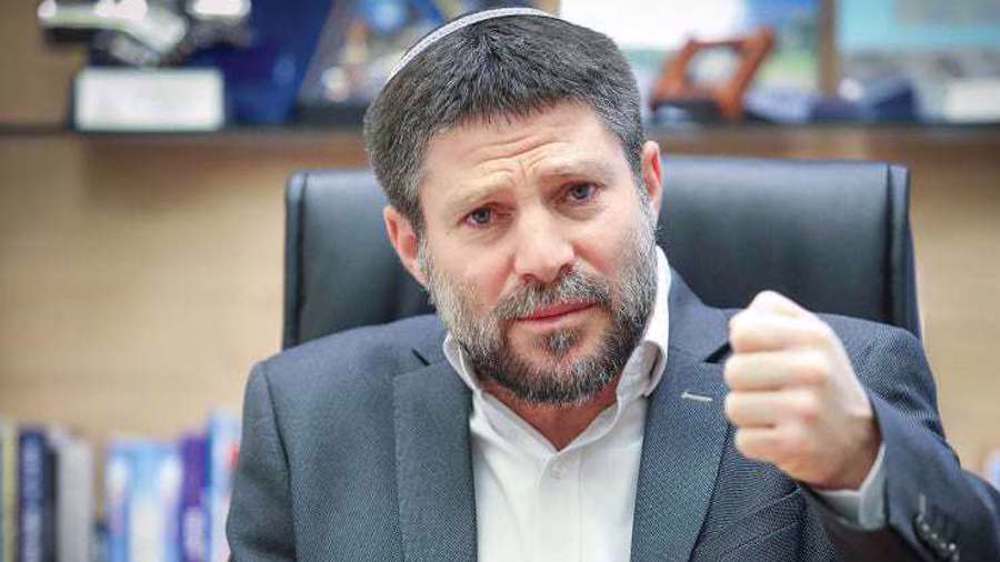As traumatising videos surface online, your children may start asking some difficult political questions.
I was 12 when I witnessed the Lebanese war. I knew little about it until I was forced to leave my house due to Israeli air bombardment on our neighbourhood.
I saw it all then. I lost some of my friends while others were left amputated from missile fragments. I witnessed death regularly, and even saw land mines that were left as souvenirs to kill Lebanese children playing football in the village fields.
Years after the war ended, we remained too afraid to wander those same villages.
As a child, I didn’t dream of toys or a gadgets like my peers but instead prayed for world peace and normalcy. On one occasion, I remember asking my Lebanese grandfather why our reality was so different to others. In that moment, my Palestine-born grandfather explained our history and made me understand the ‘why’, and most importantly taught me the ‘how’.
Here in Qatar, my children live a completely different life in a beautiful and peaceful country. Thankfully, they have not witnessed blood, war and injustice but have now started to ask questions about Palestine after watching the news and coming across videos online.
With every question posed, I felt a responsibility to teach them about the history of their home country as well as Palestine – both of which targeted by the same culprit. As parents, it is our duty to raise future generations that are equipped with knowledge and passion to continue to advocate for Palestine.
Although the conversations may be difficult at first, it is much easier for children of this technology-driven generation to find answers to their questions. As the violence against Palestinians continued this week, I was both surprised and proud to see my 12-year-old daughter posting a story on her Instagram that said ‘Support Palestine’.
While digitalisation and visual tools are the best approach to help this generation learn more, it should also be accompanied with guidance, thorough explanation, and storytelling. For myself, I find the best ways to teach my children is to show them videos that are appropriate to their age then answering any questions they may have.
Relaying stories from my own childhood and those relayed to me by my own parents and grandparents also help in establishing and comprehending their roots. Sometimes, getting them used to a few nationalistic and patriotic songs can also do the trick.
Children learn patriotism in various ways and it’s up to you as a parent to find the most suitable way to engage with your kids so that they can pick up the values instilled in you by your own parents and forefathers before you.
In the case of my own kids who were born here, they have a beautiful mixture of identities that tie together harmoniously. However, there is always room for more love, more values, and more principles to be learnt, picked up and embedded into their lives.
Despite some decisions by countries in the region to normalise with Israel, the response by the public to recent events shows passion for the Palestinian cause still remains a priority. For myself and my family, handing over the flag of values once given to me by my grandfather.







